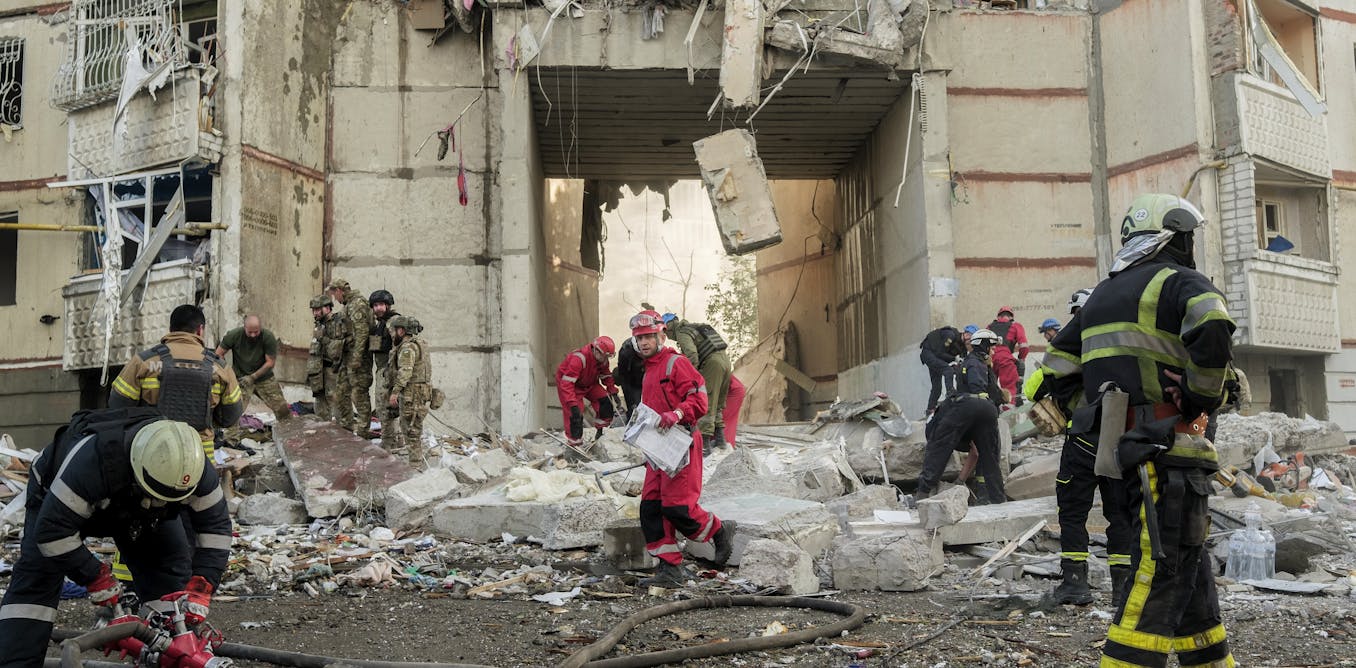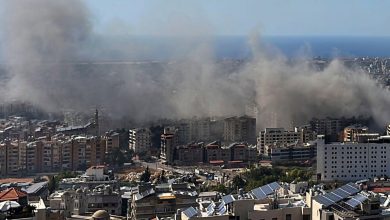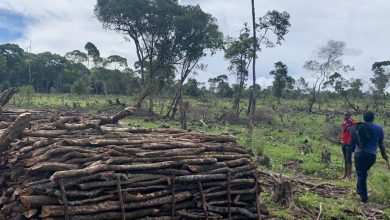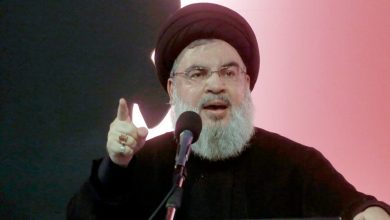When Russia and Israel talk about setting up ‘buffer zones’ what they are really talking about is a land grab

مجلة المذنب نت متابعات عالمية:
In the conflicts raging in Ukraine and the Middle East, we have recently seen calls for the establishment of what are being referred to as “buffer zones”.
Russia has proposed setting one up around Ukraine’s second city, Kharkiv in the north-east of the country. This, the Kremlin claims, is to protect Russian towns from shelling and missile attacks from Ukrainian territory.
Israel, meanwhile, wants to establish a buffer zone in southern Lebanon. It says it needs to protect nearly 70,000 civilians returning to their homes, which they have abandoned in the past year after rocket attacks by Hezbollah.
But these suggestions should be viewed with scepticism. Both Russia and Israel want to set up these buffer zones within the borders of neighbouring autonomous nation states – in breach of their sovereignty – in the name of “security”. They should instead primarily be seen as a way of formalising control over contested territory to protect their home bases, which would give them a military advantage.
The situation is further complicated by the fact that neither nation is formally at war with its opponent. No formal declaration of war has been issued by Russia to Ukraine, while Israel claims its legitimacy to establish a buffer zone under Article 51 of the UN constitution concerning self-defence.
Such arguments are hypocritical and one-sided. Russian and Israeli policymakers have shown no concern for the effect of the establishment of these zones on the Ukrainian and Lebanese populations of the areas.
The idea of buffer zones has a long history within international relations. Buffer zones have generally been defined as a nation state or neutral geographical area between two states not politically or militarily controlled by either of the rival states it separates.
The zones proposed by Russia and Israel don’t fit this definition. Both Kharkiv and southern Lebanon are militarily contested. And neither the Ukrainian nor Lebanese governments is in control of their territories.
If the Russian and Israeli proposals were to conform to this definition, they would comprise territory on both sides of the border of the two states, established with the agreement of both rival states. But neither Russia nor Israel is planning to cede their own territory in the establishment of these buffer zones. In fact, both have consistently sought to delegitimise their rival’s status as a nation state.
These considerations, alongside Ukrainian and Hezbollah resistance, suggest that these new buffer zones will be fiercely contested. Indeed, the history of buffer states and zones suggests that the effectiveness of such zones is highly questionable.
History of failure
Lebanon itself serves as an example of this in acting as a buffer state (although not formally declared as such) for the Israeli-Syrian rivalry from the late 1960s. Both Syria (1976) and Israel (1978 and 1982) intervened militarily in Lebanon at one point or another.
In this context, Lebanon provided a way for Syria to protect itself from surprise attacks. It allowed the political and military confrontation to play out without escalation to their own national territories. But it was terrible for Lebanon itself and ironically, Israel’s invasion of Lebanon in 1982 paved the way for the foundation of Hezbollah as a political and military force.
EPA-EFE/Wael Hamzeh
Similarly, Anglo-Russian rivalry over influence in Afghanistan in the 19th century focused on political manoeuvring to exert influence over Afghan rulers to protect British India and southern Russia respectively. This saw much money and political capital expended on both sides. There were also three British military incursions (1839-40, 1878-80 and 1919) attempting to consolidate their influence. None went well.
In both these cases though, competing powers were using an intervening state to avoid an escalation of tensions into conflict.
External ‘security zones’
In this instance, the recent declarations in pursuit of “buffer zones” by both Russia and Israel have more in common with strategic occupations of territory to resolve a military problem – namely attacks on their own territories. Within security studies literature these are termed “external security zones” and are generally militarily occupied zones within hostile territory deemed essential to the national security of the occupying power.
Historically, these zones have also been of questionable value. Following continued Palestinian attacks on Israeli border villages, in 1977 the Israel Defense Forces created a formal security buffer zone in south Lebanon through the proxy South Lebanon Army and supported by UN Interim Forces in Lebanon (Unifil) from March 1978.
The establishment of this zone did little to prevent shelling and rocket attacks on Israel, leading to significant exchanges of artillery fire in the summer of 1981. Then on June 6 1982, Israel invaded southern Lebanon.
Ultimately, neither buffer zones nor security zones have proved very effective at preventing conflict or preserving populations from its effects. These have almost always been negative, to say the least.
Now, both Russia and Israel are likely to find themselves facing increasing resistance from the occupied nation. This will require the commitment of more troops and perhaps deeper military advances under cover of the political and strategic “necessity” to ensure the security of their own borders.
These commitments will undoubtedly lead to more casualties. They will either lead to a destabilisation of existing governance in their regions or serve as a pretext for the aggressors to push further forward. It will also require them to further reshape their economies to fill military needs and could lead to potential escalation with other regional powers.
نشكركم على قراءة المنشور عبر مجلة المذنب نت, المتخصصة في التداول والعملات الرقمية والمشفرة














